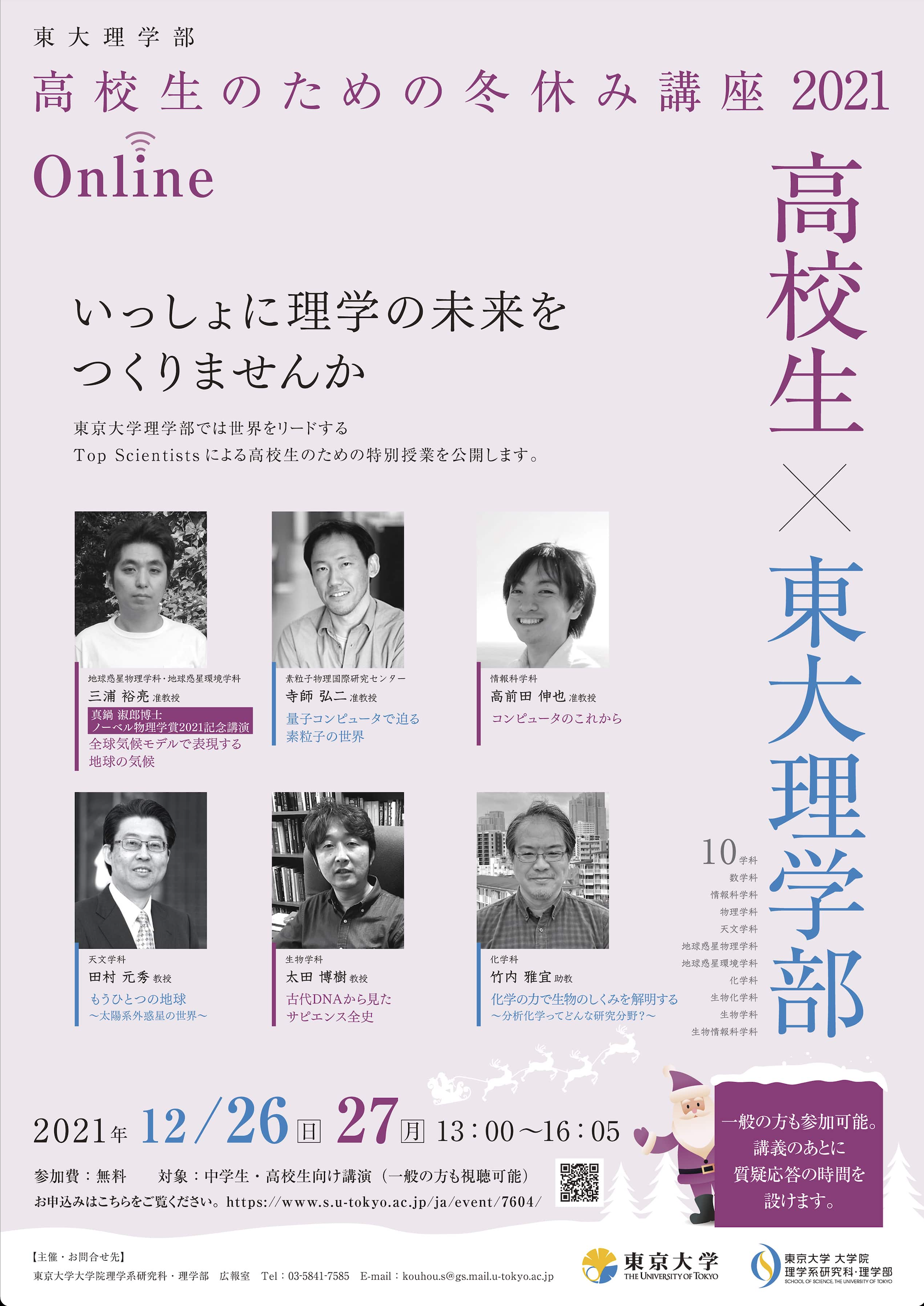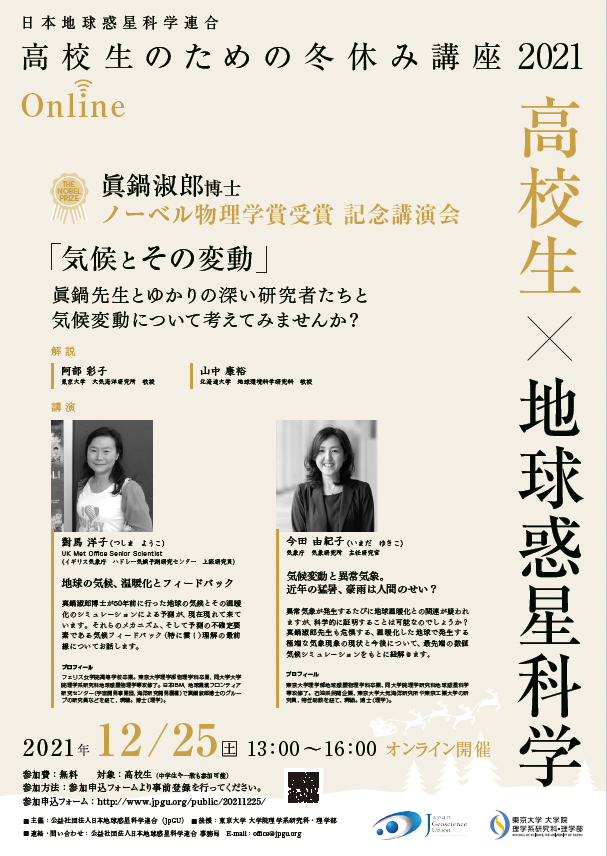DATE2021.11.02 #Events
Disclaimer: machine translated by DeepL which may contain errors.
Let's create the future of science together.
The University of Tokyo's Faculty of Science will hold a special class for high school students taught by the world's leading Top Scientists. The general public is also welcome to attend.
- Sunday, December 26 and Monday, December 27, 2021
- 13:00-16:05 on both days
| Time Schedule | |
|---|---|
| 13:00-13:05 | Opening remarks |
| 13:05-13:45 | Lecture 1 |
| 13:45-14:00 | Question and Answer Session |
| 14:00-14:05 | Break |
| 14:05-14:45 | Lecture 2 |
| 14:45-15:00 | Q&A |
| 15:00-15:05 | Break |
| 15:05-15:45 | Lecture 3 |
| 15:45-16:00 | Q&A |
| 16:05 | End |
Lecture Content
December 26 (Sunday)
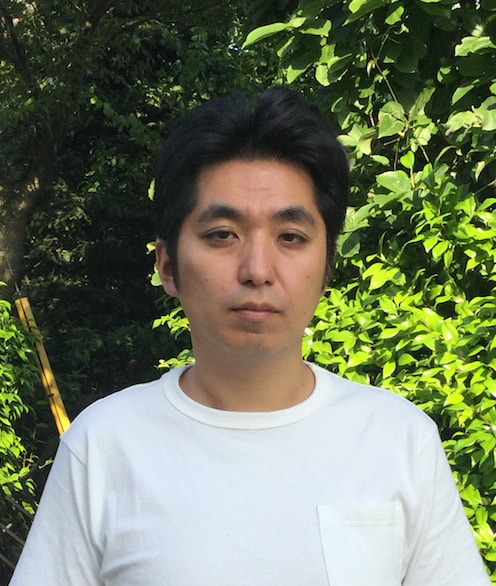
Our society seems to continue its stable activities in the midst of the seasons, which rotate in the same way every year. However, in the face of the recent spate of weather disasters, it seems that the warming of the earth's surface caused by the increase in carbon dioxide is having an impact on our daily lives that cannot be ignored. It was Dr. Yoshiro Manabe who pointed out and quantitatively estimated the possibility of the global warming problem facing modern society more than 50 years ago. In this lecture, I will introduce Dr. Manabe's work and discuss the goals of state-of-the-art climate models.
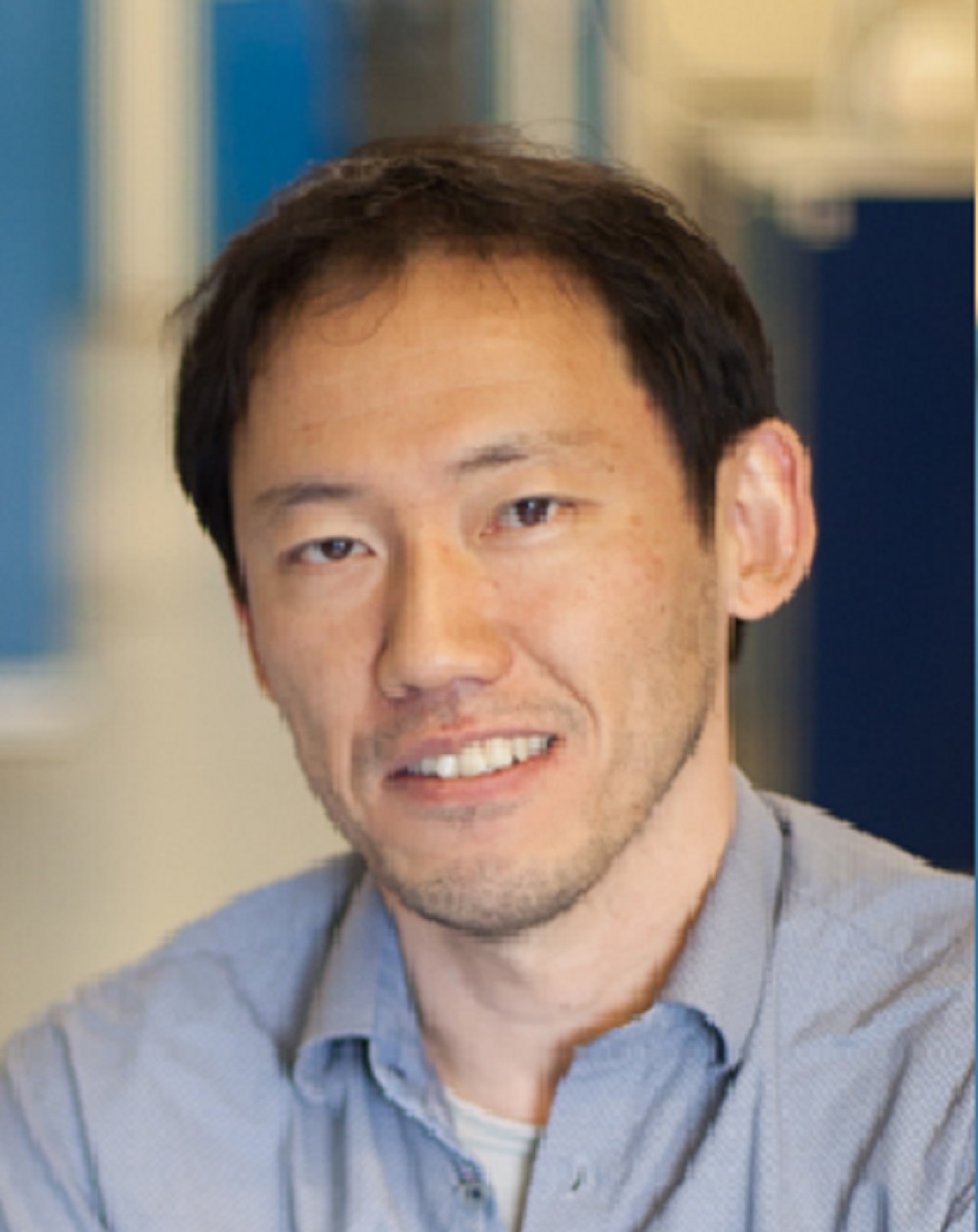
Everything around us is made of atoms and electrons, which are further composed of microscopic quarks, leptons, and other elementary particles. By artificially colliding particles using large accelerators, we can directly explore the world of subatomic particles. The microscopic world of subatomic particles operates according to quantum mechanics, and a new type of computer, the quantum computer, which performs calculations by manipulating "quantum" particles, has been attracting attention in recent years. We will introduce the frontiers of research on quantum computers, including the future of quantum computers, to see if we can approach the world of elementary particles using quantum computers, which hold great potential.
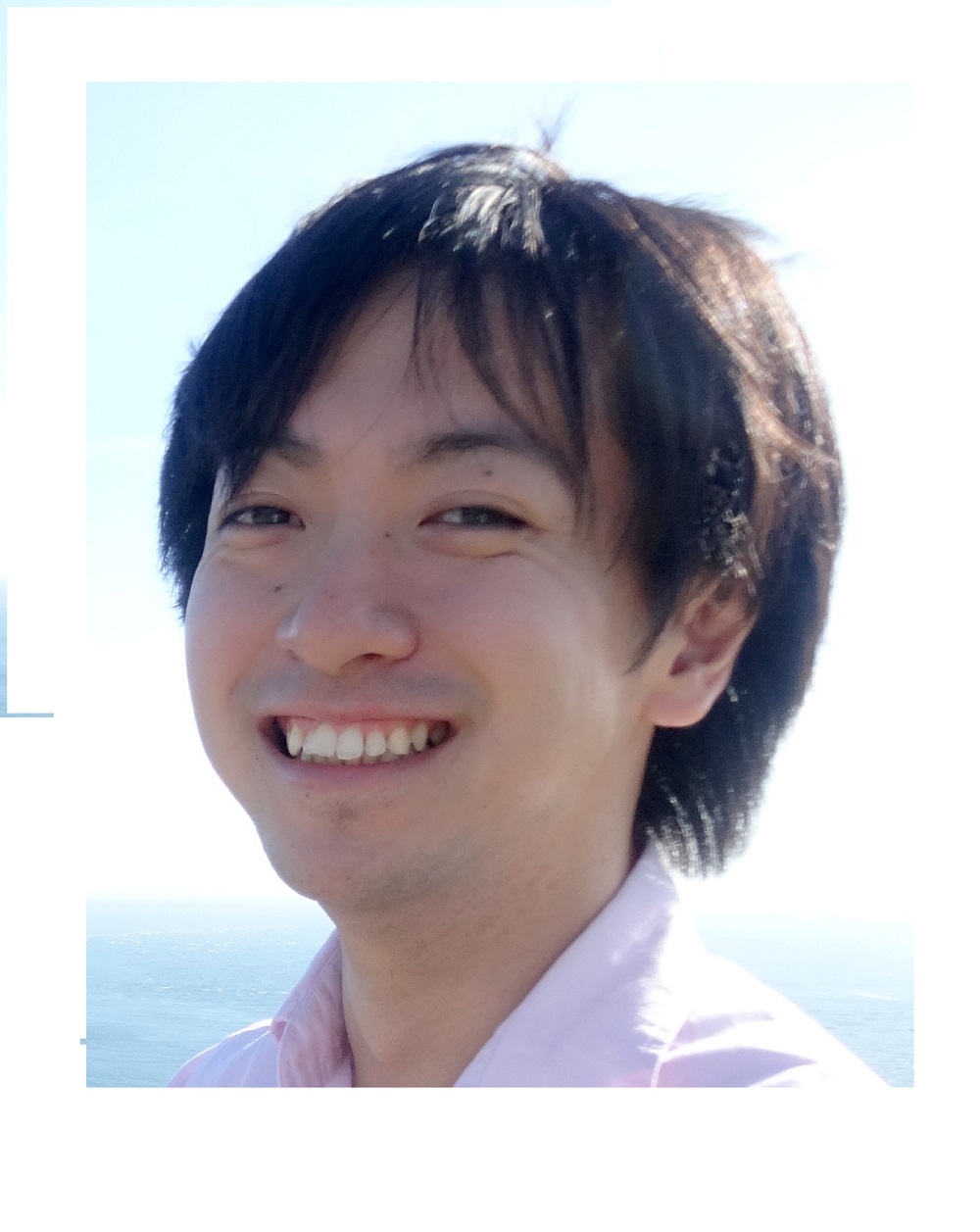
We are surrounded by computing devices, or computers, which are indispensable for modern life. The realization of a wonderful society based on the sophistication of technologies such as drug discovery and automated driving requires sustained computer performance enhancement. Until now, computer performance has grown steadily year by year due to semiconductor miniaturization, but as the limits of miniaturization approach, a different way of thinking is required. This presentation will introduce the structure of future computers based on domain-specific hardware that takes advantage of features of AI and other computational content.
Monday, December 27
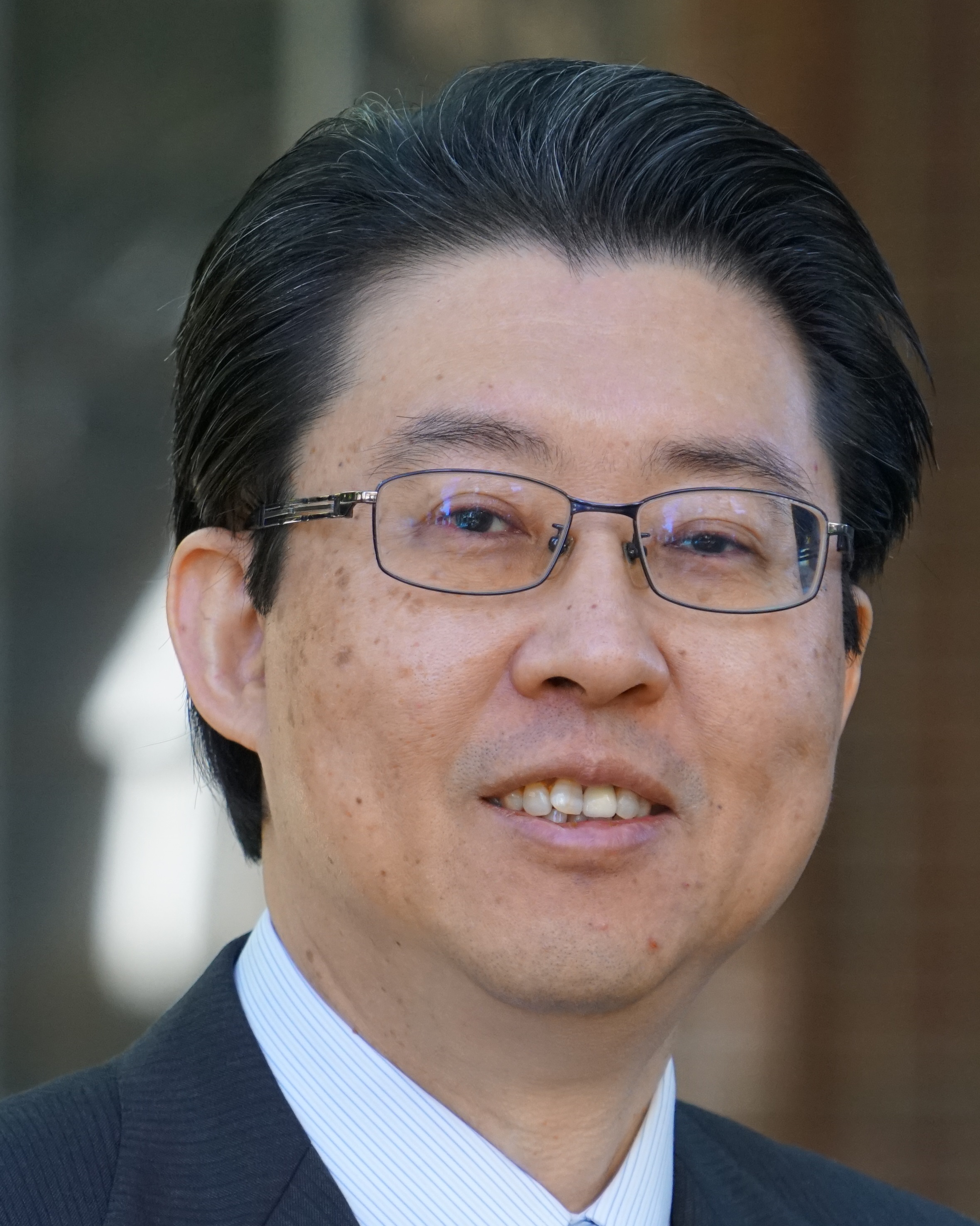
Are there other planets in this wide universe with life like Earth? In order to scientifically confirm this question, attempts have begun to search for planets orbiting stars other than the sun (exoplanets), with a particular focus on Earth-like planets, and to study them in detail through astronomical observations. In this lecture, I will introduce how to find exoplanets, whether they are similar to or different from Earth and Jupiter, whether evidence of life will be found, and what kind of telescopes and instruments are needed to do so.
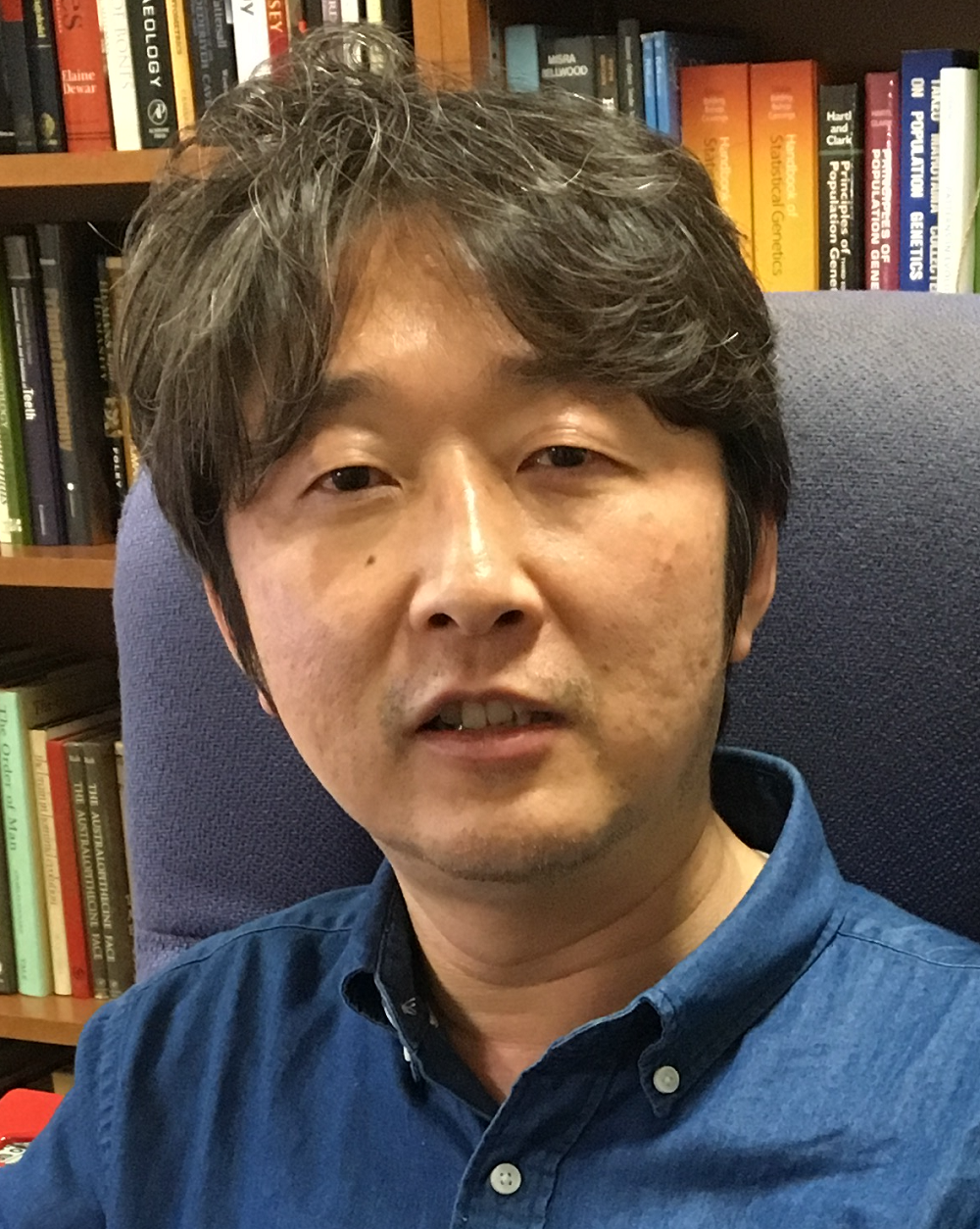
In this lecture, I will talk about the evolution of humans (Homo sapiens), especially human history from the viewpoint of ancient DNA. Ancient DNA is the genetic material that remains in stuffed animals, mummies, bones, and other relics of creatures that lived in the past. Ancient DNA analysis emerged in the 1980s with the widespread use of PCR methods, and has made dramatic progress in the 21st century with the advent of next-generation sequencers. As for research closely related to humans, the entire genetic information (genome) of Neanderthals has been decoded, revealing that they interbred with our ancestors in the past. In this lecture, I would like to use the genome information as a clue to think about "Who am I from the perspective of evolutionary history?" I would like to think about "Who am I from the viewpoint of evolutionary history?
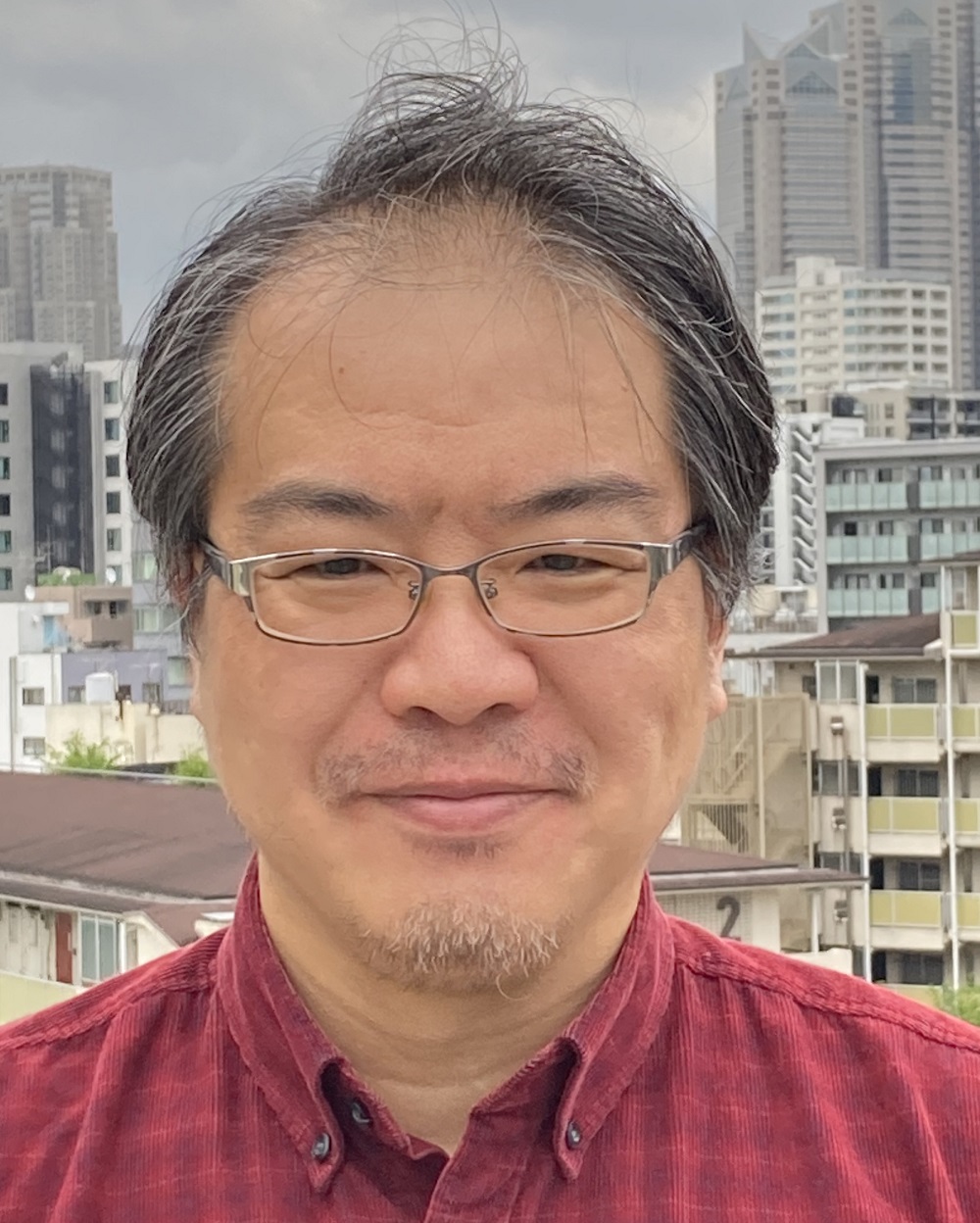
Chemistry is the study of the types, properties, and changes in properties of matter. It is a subject that many of you may be very familiar with through your studies in high school or junior high school. There are many substances in the world, and they are composed of atoms and molecules. In the bodies of living organisms such as us humans, huge molecules such as proteins and DNA exist and work. The role of chemistry is to investigate the properties and changes of these giant molecules. In this lecture, I will talk about the research to elucidate the properties and changes of proteins in living organisms using the power of chemistry called analytical chemistry.
Admission
Free of charge
Target audience
Lecture for junior high and high school students *General public is also welcome to attend.
Q&A Session
Lecturers and students will answer your questions.
How to apply
Application Form Please register for each day.
We look forward to your participation. Application deadline: December 26, 2021 9:00*.
*Please note
- All applicants who have filled out all the required information are eligible to participate. There is a section for a short essay, which must be filled out by the participant himself/herself.
- After submitting the application, the URL for viewing on the day of the event will be displayed on the screen. Please prepare a memo.
- There is no upper limit to the number of participants.
Sponsor/Inquiries
Public Relations Office, Graduate School of Science, The University of Tokyo
| TEL. | TEL: 03-5841-7585 |
|---|---|
| kouhou.s@gs.mail.u-tokyo.ac.jp |
Commemorative Lecture by Dr. Yoshiro Manabe, Nobel Laureate in Physics
The "Winter Vacation Lecture 2021online for High School Students," organized by the Japan Geoscience Union and supported by the Faculty of Science of The University of Tokyo, will also be held in succession. This time, why don't you think about climate change with Dr. Manabe, the Nobel Prize winner in Physics, and other researchers closely related to him?
Commentary
Professor Ayako Abe, Atmosphere and Ocean Research Institute, The University of Tokyo
Professor, Institute for Global Environmental Sciences, Hokkaido University
Lecture】 【Date:December 2021
Date: Saturday, December 25, 2021, 13:00-16:00, Online
- Global Climate, Global Warming and Feedbacks
Yoko Tsushima UK Met Office Scientist (Senior Researcher, Hadley Centre for Climate Prediction Research, Met Office, UK) - Climate change and extreme weather events. Are the recent heat wave and heavy rainfall caused by humans?
Yukiko Imada, Senior Staff, Meteorological Research Institute, Japan Meteorological Agency
Admission: Free
Target: High school students *Junior high school students and the general public are also welcome to attend.
Organized by: Japan Geoscience Union
Supported by: Graduate School of Science, The University of Tokyo
Please click here to register.
http://www.jpgu.org/public/20211225/
Contact: Japan Geoscience Union Secretariat
Tel: 03-6914-2080
E-mail: office@jpgu.org



